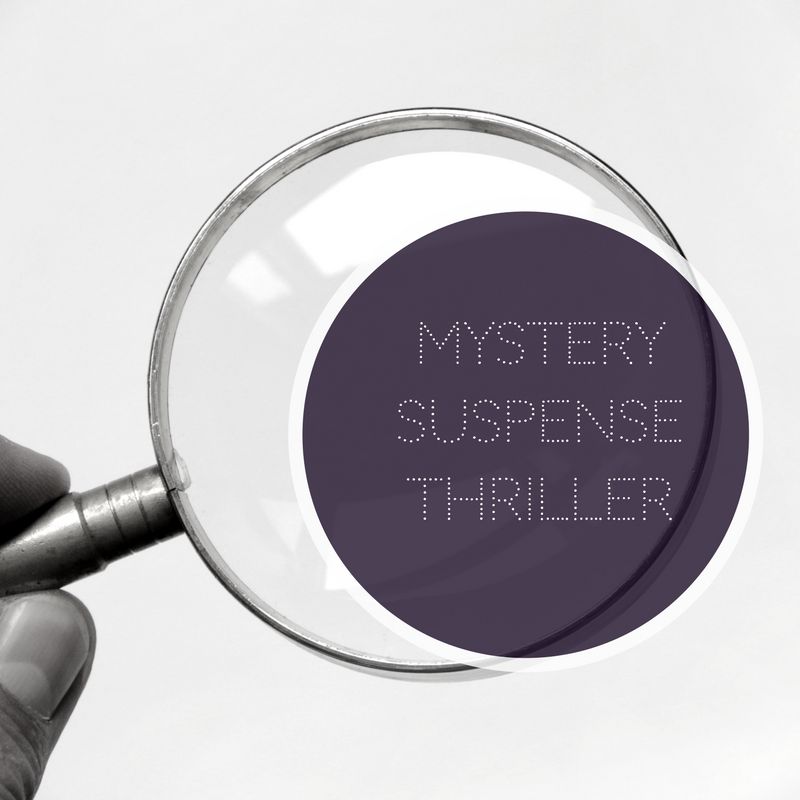What can authors learn from the world of psychotherapy?
According to the Microsoft Bing definition, a psychotherapist “treats mental disorders by psychological rather than medical means.” Korin Miller offers the reason. “The goal of therapy is to give you the tools and strategies for navigating whatever is going on in your life.”
While I earned my college degree in Human Relations and Psychology, I am no expert, but I can research and ask questions of those who are. Applying psychotherapy technique to our characters is an interesting exercise and may bring an affirming nod from agents, publishers, and readers.
Sitting behind the comfort of our keyboard, we novelists can psychoanalyze our characters’ lives. Of course, we have the advantage since we created those lives! We push them through internal lies, flaws, and wounds as they navigate the storyworld with the tools we provide. The more intriguing the ‘disorder’ we assign our characters, the more invested our readers become.
If our goal is inspiration, our characters journey through hardship and into the light of emotional and spiritual growth. If we leave them in darkness, we may provoke thought, as some novels do, but that makes for a different story than I write. But I recognize the technique.
Most protagonists, and certainly our antagonists in the mystery, suspense, and thriller genre, possess some sort of disorder. The ‘disorder’ falls somewhere on a scale, from what pushes an unassuming village librarian to unravel a cozy mystery to a psychopath bent on world destruction. No matter the genre, our characters’ world is out of kilter and needs righting. A ‘disorder’ can add an interesting element to the process.
Let’s consider a few psychotherapy angles.
Fear, frustration, or hurt
Much of how we respond to life falls under these three emotions. They must be worked through before they lead to anger. If not, anger turned inward can develop into depression, and turned outward, into rage.
For our protagonist – fear, frustration, or hurt can jump-start their journey. They want to solve the murder, figure out the riddle, defeat the bad guy, stop the assassination, wipe out the terrorist. These will either explain their reluctance in acting or push them into their journey. Or it can alter their quest if they spiral into depression or explode into rage. Use this to create twists.
For our antagonist – if they view the protagonist as having initiated fear, frustration, or hurt or one of these emotions has carried over from a difficult childhood, their motivation becomes understandable. Even bad guys can’t be completely bad or they become one-dimensional, boring stereotypes. Everything fuels their rage. Apply these to dig deeper holes for our protagonist.
Reframing the Past
Events stay the same, but the way they’re interpreted depends on the individual and can change the present and future.
For our protagonist – throughout the story they rethink past events. Clues become clearer and redirect their choices, bringing fresh insight. Confidence grows and defeating the foe becomes attainable.
For our antagonist – their reframing is all about putting events in the worse possible light. They see bad where good is, and negative instead of positive, and rush to act. These can create devastating consequences for our noble protagonist.
Three Types of Anxiety – Existential, Chronic, and Acute
Existential anxiety seeks answers for life’s big questions – what’s my purpose? What happens after I die? Ongoing, trying events with no simple resolution lead to chronic anxiety. Acute stress results from a late payment or a mix-up with insurance – something that sprouts up, aggravating but is more easily solvable.
For our protagonist – anxious thoughts drive their actions, and ratchet up tension and conflict. They may stress over life’s purpose or the opposite, feel confident about eternity because of a certain worldview. The chronic effects of a poor childhood may bubble up and alter their journey for a time or they experience a flat tire while rushing for a job interview. Utilize these for cliffhangers.
For our antagonist – the future matters little as making others miserable in the here and now is paramount. Pain from their past drives their actions. Every new decision by our lovely protagonist throws their plans awry, while raising the stakes and their level of rage.
Putting into Practice
Character-building is a challenge for even the seasoned author. Do your research. Throwing in a ‘disorder’ may raise your story’s stakes and create memorable characters. Consider the techniques psychotherapists offer as another avenue to set your story above the rest.
Write well, my friends.

PJ Gover encourages her readers to live the thrill one story at a time. She wrote her first thriller at age nine, all of six pages, but only returned to creating suspense/thrillers years later after unearthing her deceased father’s secret work designing missiles for the government. After thirteen writing awards, including five for first place, her high school English teacher must be shaking her head in disbelief. A ranch in Texas serves as home base. Offer her well-crafted chili rellenos or anything gluten-free and you’ll have a friend for life. Jim Hart of Hartline Literary represents PJ.
She’d love to hear from you!
- Website: PJGover.com


 We love helping your growing in your writing career.
We love helping your growing in your writing career.

1 Comment
Very insightful – will definitely consider when developing characters.